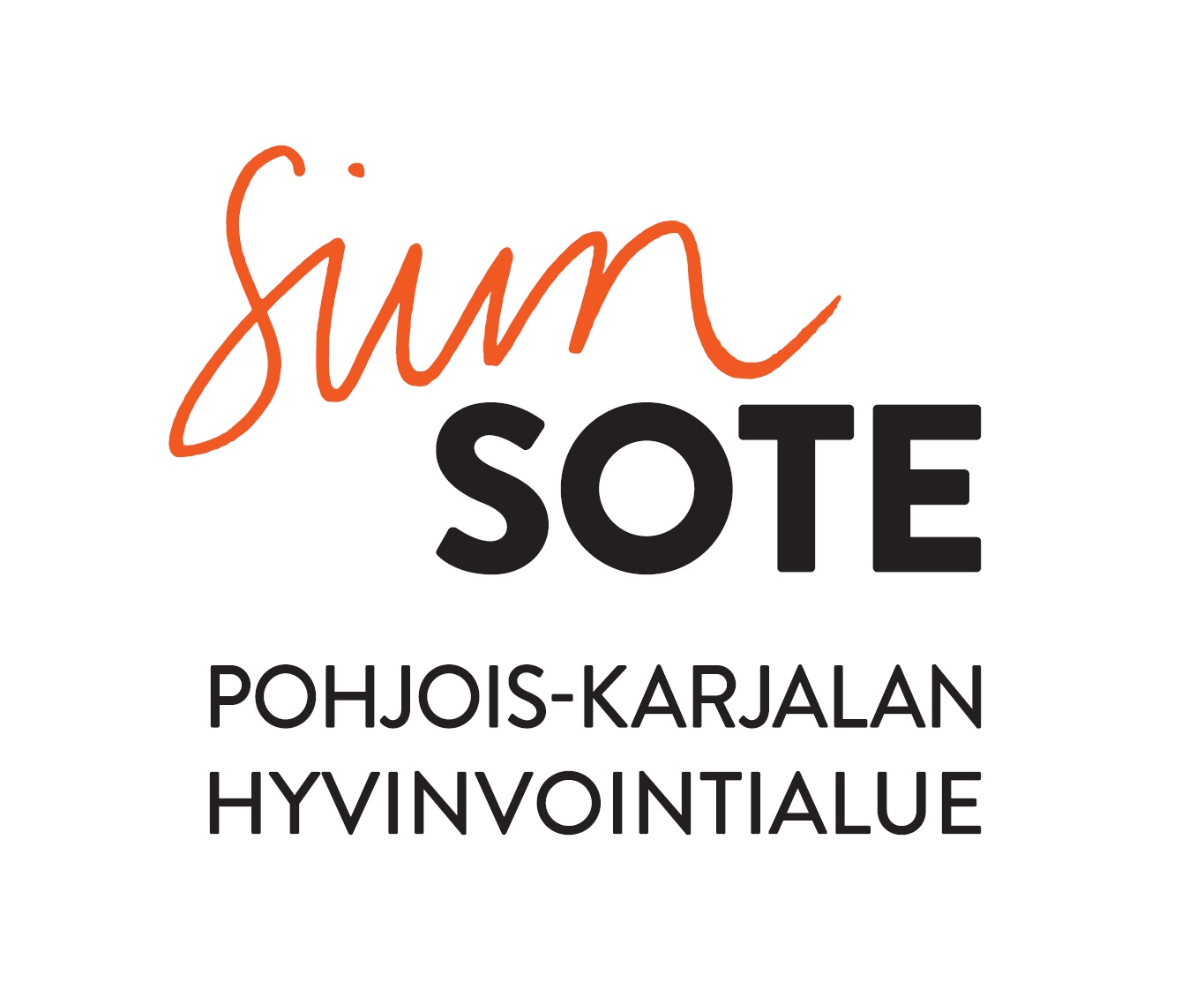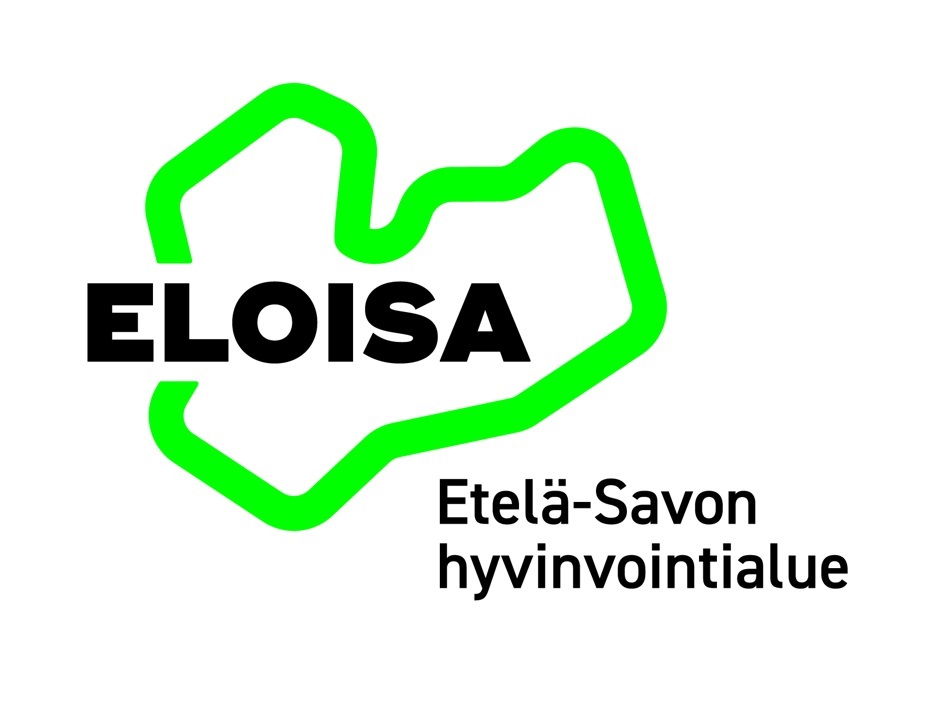Codex4SMEs – Companion Diagnostics expedited for SMEs
18.08.2023
In the context of the INTERREG Program, the Codex4SMEs consortium aims at improving healthcare by enhancing the adoption of Personalized Medicine (PM) in the North West Europe (NWE) territories and beyond. Numerous gap analyses have in fact shown that NWE countries are falling behind in the worldwide implementation of both personalized medicine and companion diagnostics (Cdx). The consortium is composed by nine members and two sub-partners, each with different backgrounds, experiences and competences. The role of the LIH-IBBL Translational Biomarker Group, TBG for short, is to deliver a service of biomarker (BM) validation aimed at increasing the chances for a putative BM to ‘progess’ from bench to bedside. Codex4SMEs has launched two calls for proposal, back in 2018 and 2019, to invite NWE SMEs developing Cdx, to submit an application for their biomarker to be validated at IBBL. Eventually, five SMEs have been awarded.
The German-based SME Mediagnost, one of the five SMEs awarded by the consortium scientific committee, had then submitted a proposal for the validation of a diagnostic and prognostic BM for sepsis. Mediagnost key qualifications‘ lie in the research and development of serological test methods in the indication areas of infectiology and endocrinology’. Mediagnost is the manufacturer of a sandwich assay ELISA kit for the immunoenzymatic quantification of Progranulin.
Progranulin (PGRN) is a pleiotropic growth factor with a central role in macrophage recruitment and in the control of innate immunity and inflammation during the early the stages of sepsis. The 68.5 kDa protein is glycosylated and contains 12 disulfid bridges (P28799 Uniprot). The mature secreted protein is cleaved in 6-25kDa fragments called granulins. PGRN is involved in inflammation, wound healing and cell proliferation.
Sepsis is a complex, systemic and inflammatory host reaction to an infection and, with a worldwide 1.5 million cases per year, poses a health challenge. The mortality from sepsis is approximately 40% in adults and 25% in children. An early intervention is essential for successful reduction of mortality: each hour delay in antibiotic therapy results in an increase of 7.5% in mortality. Currently diagnosis is mainly based on clinical parameters (e.g., body temperature, circulation parameters, and leucocyte number). Mediagnost is developing a new method to improve diagnosis and for this Finnish Hospital Biobanks samples are utilized.



